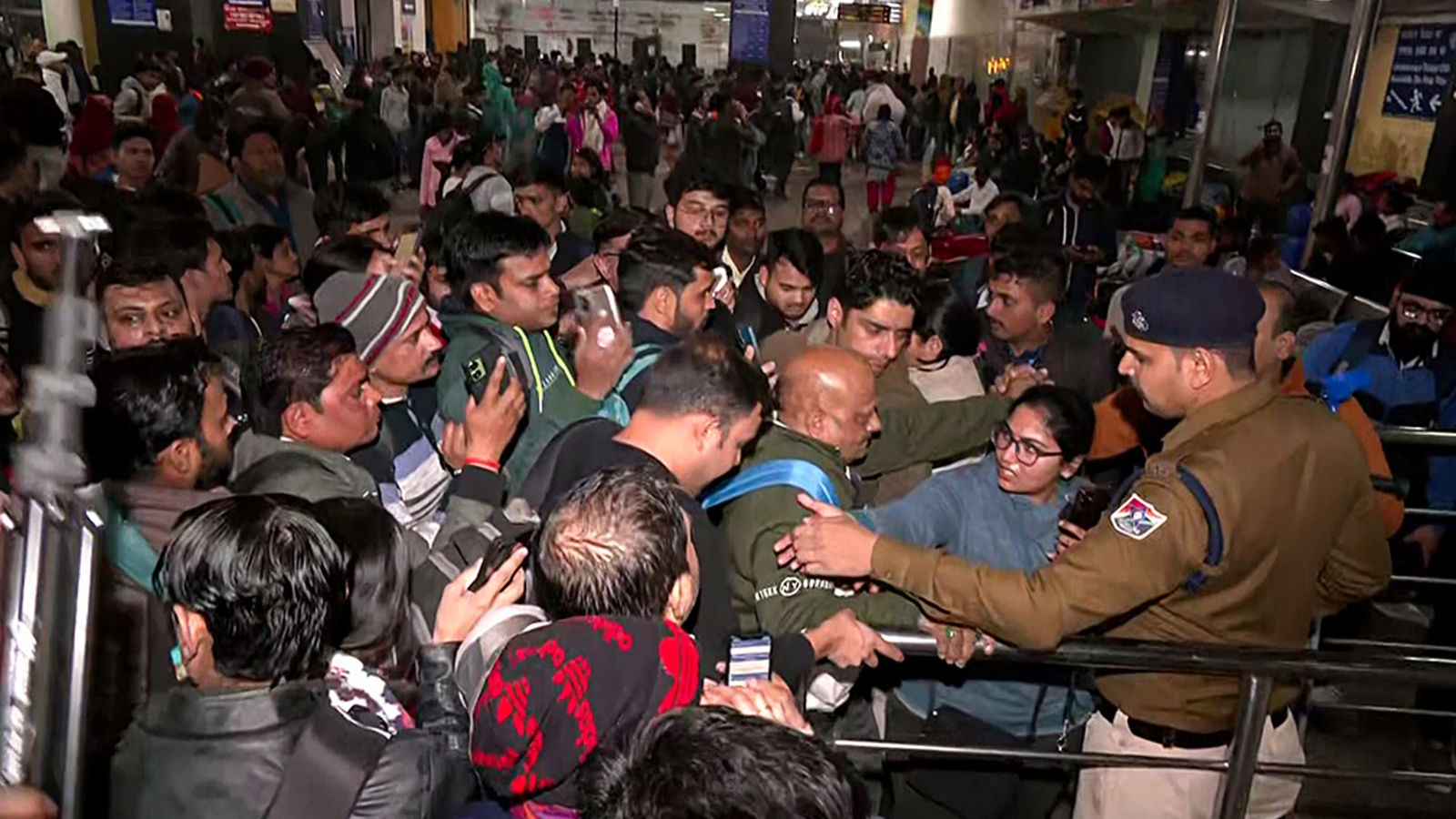
Divya Delhi: The horrific incident, which is said to have claimed 18 lives and injured hundreds more, may have been prevented. The train had a restricted capacity, there was a lot of misunderstanding about which train to board, and the organizers, police, and railways were clearly at fault. The attitude of the government was the primary reason, but systemic neglect and a lack of planning also played a part. Two deeply rooted tendencies that are so embedded in our DNA that they appear hard to eradicate spring to mind when I talk about attitude. Over-deference to important people is the first. The second, which follows from the first, is apathy for those who don't, almost to the point of callousness. As a result, we have a hierarchical method for any event, regardless of its size. VIPs require special arrangements, where there is no room for incompetence or poor management. Every aspect needs to be considered, including allocating extra staff and resources. This is purely self-serving and has nothing to do with deference to authority. Fear is the only driving force behind organizational overzeal: any issue with VIP arrangements will result in immediate and severe accountability. You can't risk this. Efficiency and attention to detail are thus guaranteed. When VVIP interests are involved, our bureaucracy and its linked organizations may demonstrate exceptional competence, speed, and skill. For instance, this was clear even during the darkest periods of Bihar's jungle regime, which was led by Chief Minister Lalu Prasad. His daughter Rohini Acharya was scheduled to wed Samresh Singh, an IT specialist and the son of Mumbai's Income Tax Commissioner, in 2002. The groom's family was from Hichchinbigha, a secluded area near Arwal that was impacted by the Naxalite movement and roughly 90 kilometers from Patna. The youngster and his family needed to be impressed, and there wasn't much time to do it. However, the same government, which is infamous for its dishonest and unresponsive inaction, suddenly took action. The village was completely changed almost overnight: a metalled road was constructed to it, streetlights were installed, electricity was brought to it for the first time since Independence, the run-down local school was completely renovated, an aerial survey was carried out to keep an eye on the work being done, and 400 police officers were sent in to maintain security. Everything operated flawlessly on the clock. However, when considering the genuine needs of the average individual, the necessity of efficiency and the repercussions of its lack become insignificant or nonexistent. What happens even if everything goes terribly wrong? In the worst case scenario, the administration will form a committee, as it did following the stampede on January 15. It will take months, if not longer, for that committee to provide a report. In the meantime, the administration will find ample ways to shift the blame away from itself. At the very least, its representatives will accuse a critical opposition of "politicizing" the matter or claim an anti-national conspiracy. The crisis will pass in due time.
- Education(148)
- India(771)
- Entertainment(399)
- Sports(272)
- Business(226)
- Bollywood Hollywood(95)
- International(196)
- Life & Style(91)
- Opinion(139)
- Educational(5)
- Crime(7)
- Technical(6)
- World(18)


